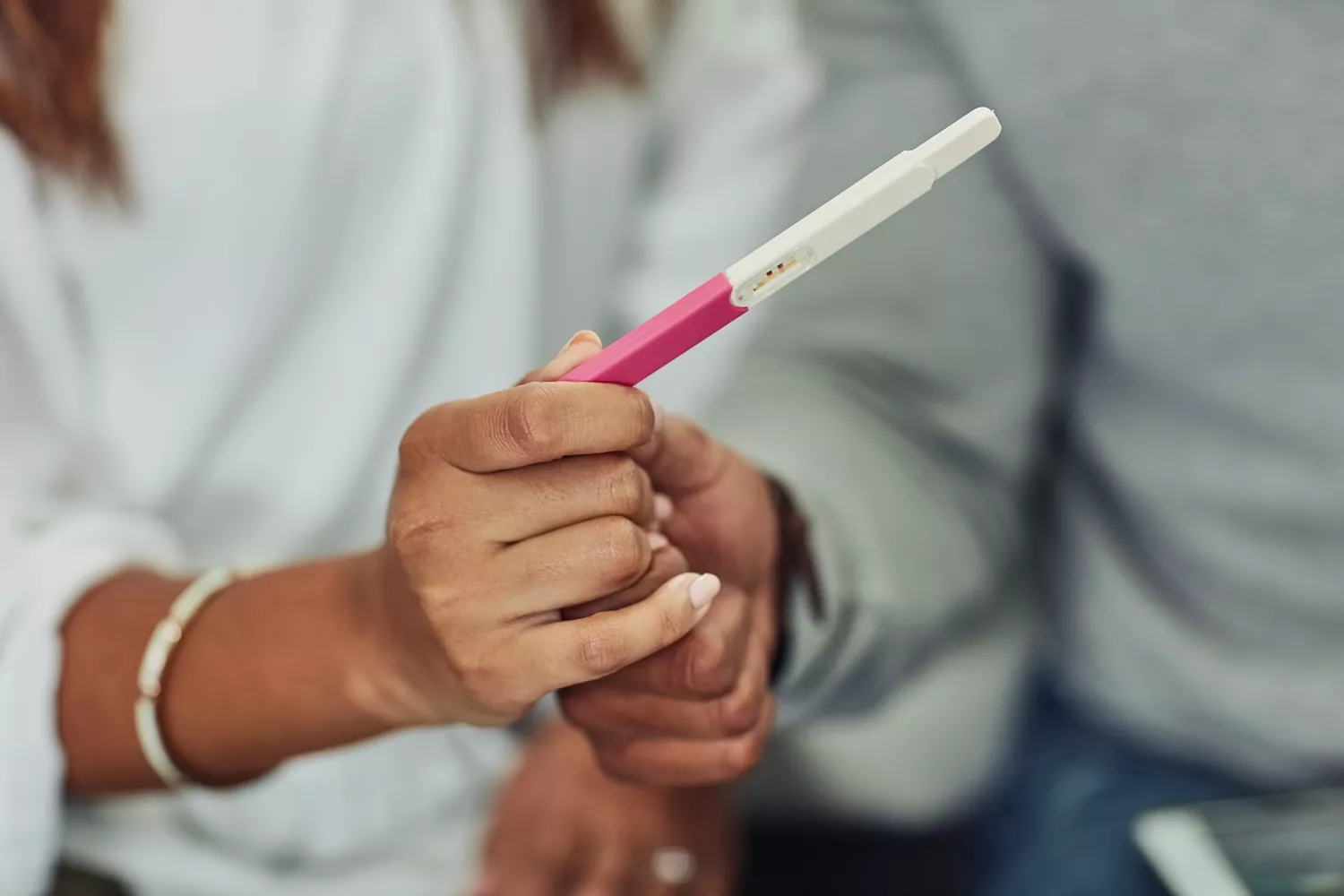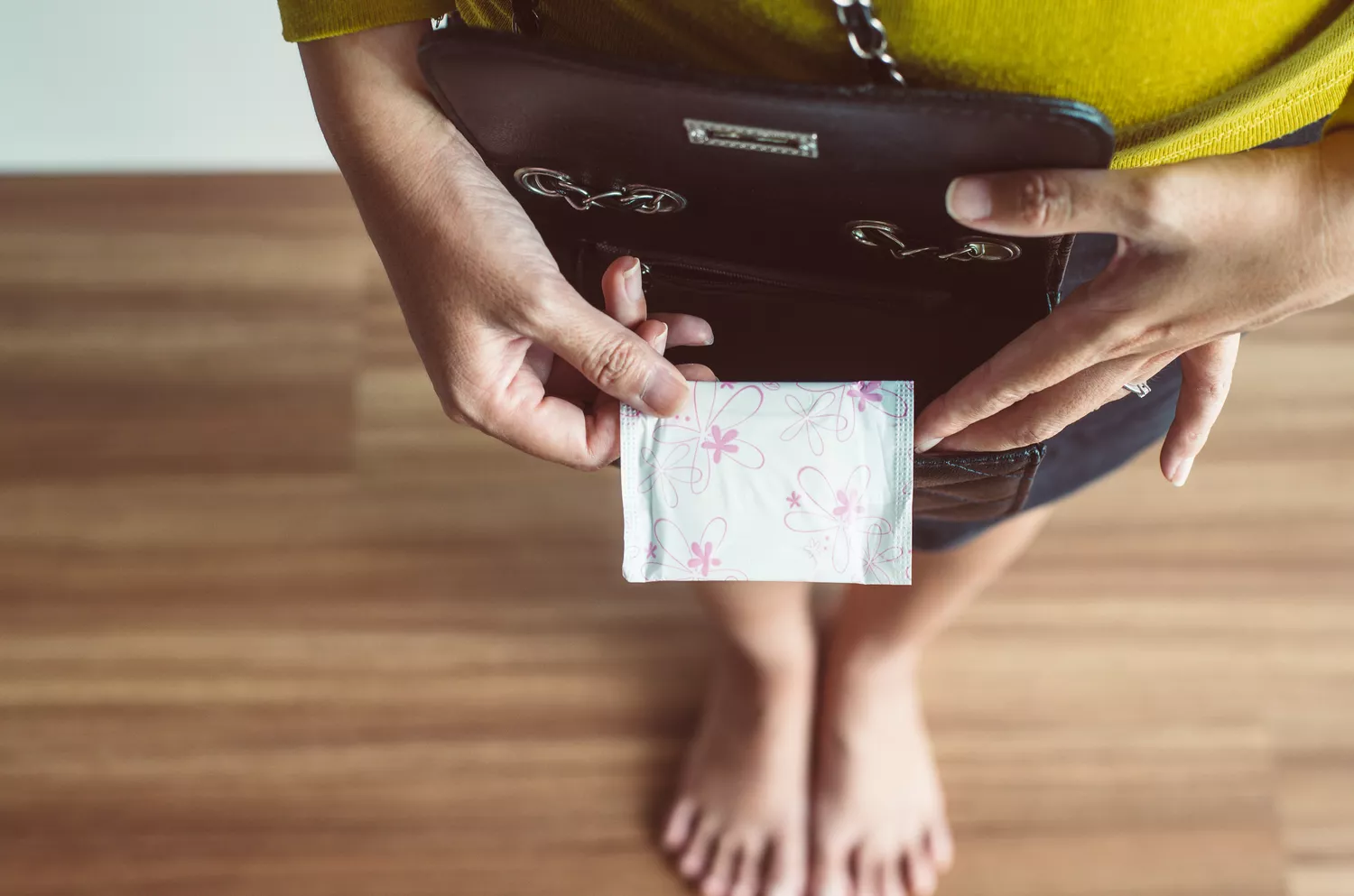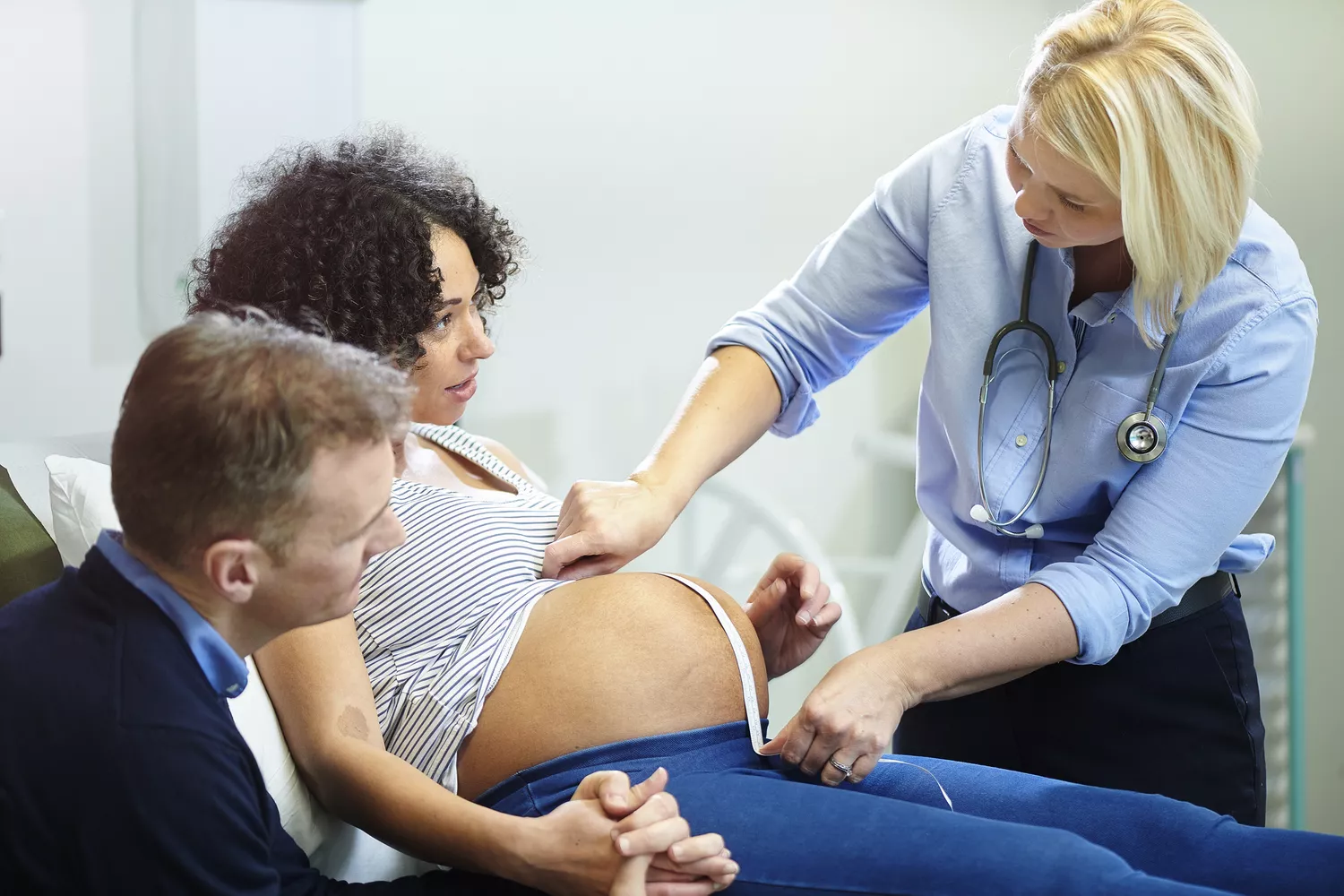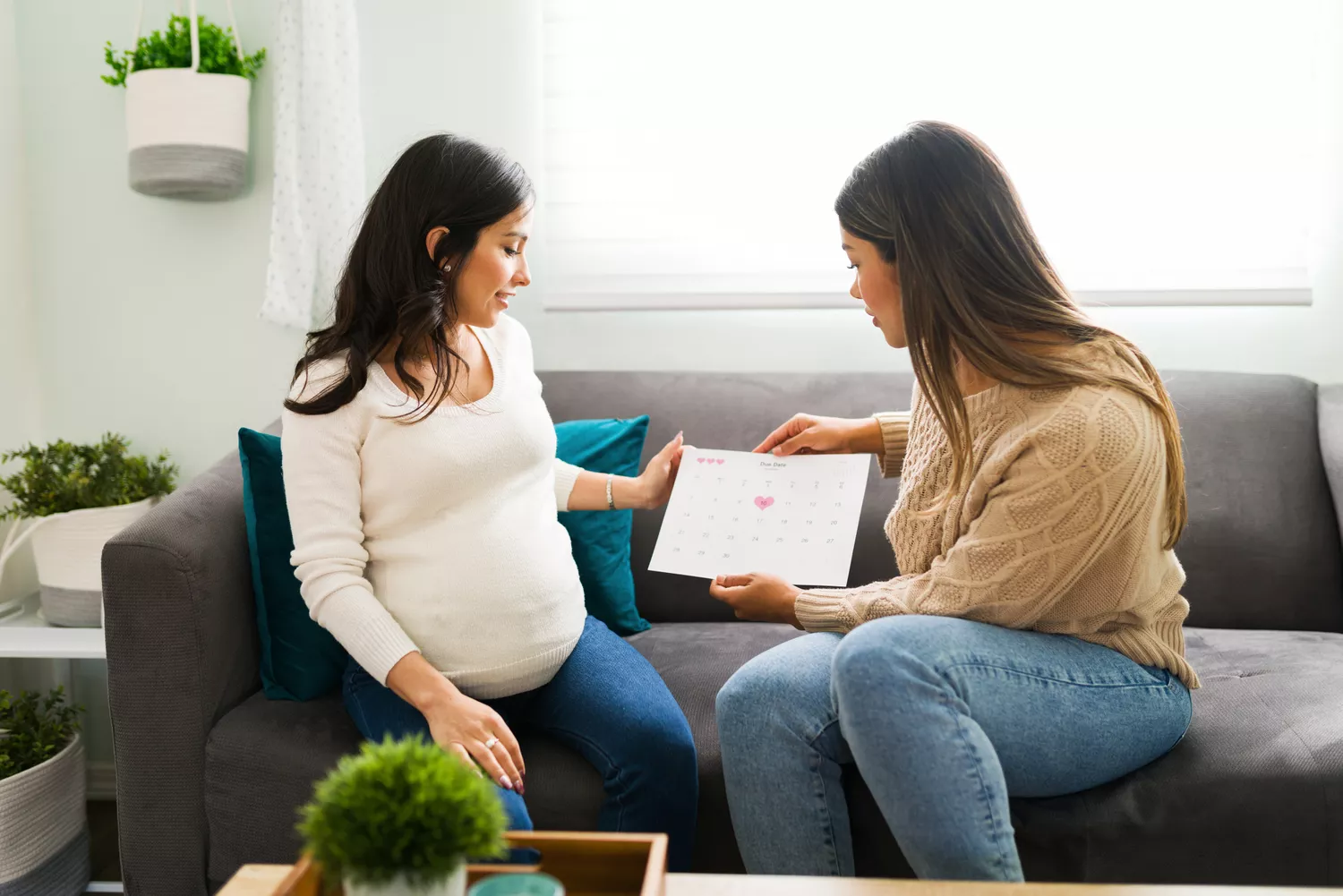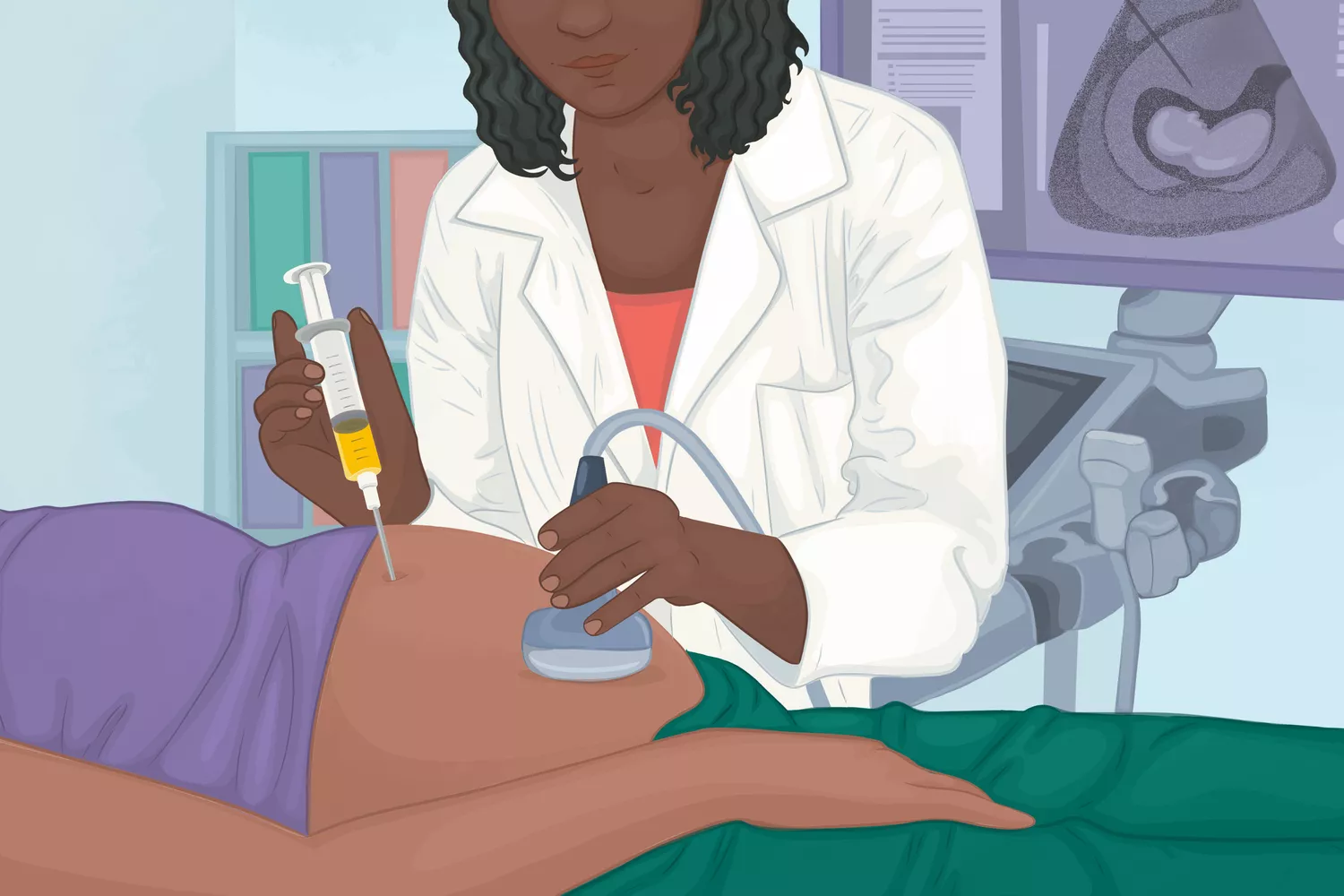How to handle food poisoning during pregnancy


Food poisoning can be a concern at any age, but when you’re expecting, it’s even more concerning. You may worry about the health of your unborn child. It’s especially important to be extra cautious if you are pregnant to avoid food-borne illness. Pregnant women are more susceptible to food-borne illnesses such as listeria.
Experts were contacted to find out more about food poisoning, its risks during pregnancy, how to avoid it and what you should do if it happens to you.
Infections of the Urinary Tract During Pregnancy
Key Takeaway
Food poisoning during pregnancy can be uncomfortable. Food poisoning during pregnancy can cause serious health risks for your unborn child. You should seek medical advice if you suspect that you have contracted a foodborne illness during pregnancy.
What is food poisoning?
Food poisoning can be caused by viruses, bacteria, parasites and even toxic chemicals. Food poisoning is caused by bacteria, viruses, parasites and toxic chemicals.
Food poisoning affects 48 million Americans each year. Certain groups are at greater risk, such as infants, pregnant women, elderly people, and people with a weak immune system.
Food Poisoning Symptoms
The following are some of the most common signs and symptoms of food poisoning: 3
- Diarrhea
- Fever
- Nausea and/or vomiting
- Stomach cramps
The severity of the illness will depend on how much contaminated food was consumed and how strong the contaminant is, explains Nisarg Patel, M.B.B.S., M.S., an OB-GYN at a data-component=”link” data-ordinal=”1″ data source=”inlineLink” The severity of illness depends on the amount and strength of the contaminant in the food or beverage consumed, explains Nisarg Patel M.B.B.S. M.S. an OB/GYN with Clinic Sport.
If you think you may have food poisoning – whether or not you are pregnant – you should contact your doctor. If you experience severe symptoms such as bloody diarrhea or diarrhea lasting more than three days and a fever over 102 degrees F then it’s best to seek medical attention.
What if I am pregnant and ingesting food poisoning?
If you are pregnant, food poisoning can have serious consequences for your baby. Low birthweight, preterm delivery, and even miscarriage, or stillbirth, are all possible risks.
Certain bacteria strains pose a greater danger. Listeria, a bacteria that causes listeriosis, is one of these types. Listeria bacteria can be found in undercooked or raw animal products, as well as in some raw vegetables.
It’s important to not panic. Monte Swarup is a board-certified OB/GYN from Chandler, Arizona, and founder of Vaginal Health hub, a leading site for vaginal health. But there are some cases where it can pass through to the placenta, and that is quite dangerous. It’s vital to consult a doctor if you think you may have food poisoning during pregnancy.
Mental Health and Pregnancy
What Should I do if I have food poisoning while pregnant?
You should also contact your doctor and drink plenty of water to prevent dehydration. It’s important to stay hydrated during pregnancy so that your baby gets the proper blood flow and your amniotic liquid levels remain optimal. Dehydration may also cause other issues, like constipation and fainting.
Dr. Patel explains that depending on the cause of food poisoning your doctor may prescribe further treatment. Some people may need to take antibiotics or another type of medication.
Food Poisoning vs. Stomach Virus
You may be wondering if you are suffering from food poisoning, or if you have a stomach bug . Both illnesses can cause nausea and vomiting as well as diarrhea. There are some differences that will help you distinguish between the two. Dr. Swarup says that the biggest difference between them is when your symptoms start and how long they last.
Food poisoning usually occurs shortly after eating or drinking contaminated food. The symptoms may also disappear quickly. The body is trying to get rid of the germs, and this causes diarrhea and vomiting. A stomach virus, on the other hand is spread not through food but by contact with an infected individual. Stomach viruses are characterized by symptoms that last longer. You may also experience fever, body aches and chills.
In either case, it’s best to call a doctor immediately during pregnancy.
Avoiding Food Poisoning During Pregnancy
Avoid foods that can increase your risk of food poisoning when pregnant. The CDC advises pregnant women to eat only pasteurized and fully cooked animal products.
Avoid the following foods while pregnant
- If you want to eat hot dogs or deli meats, they must be heated up to 165 degrees Fahrenheit.
- Raw dough
- Raw or undercooked meats
- Raw or undercooked seafood
- Raw sprouts
- Undercooked eggs
- Unpasteurized (soft) cheese
- Unpasteurized cider or juice
- Unpasteurized milk
Also, it’s important to use safe food preparation and handling techniques. Wash your hands both before and after you prepare food and sanitize any surfaces. Separately cut meats from other foods such as bread or vegetables. Keep your raw meats in a sealed container and separate section of your fridge.
Follow these guidelines to avoid food-borne illness during pregnancy. Talk to your OB/GYN if you have any questions regarding food safety during pregnancy.


